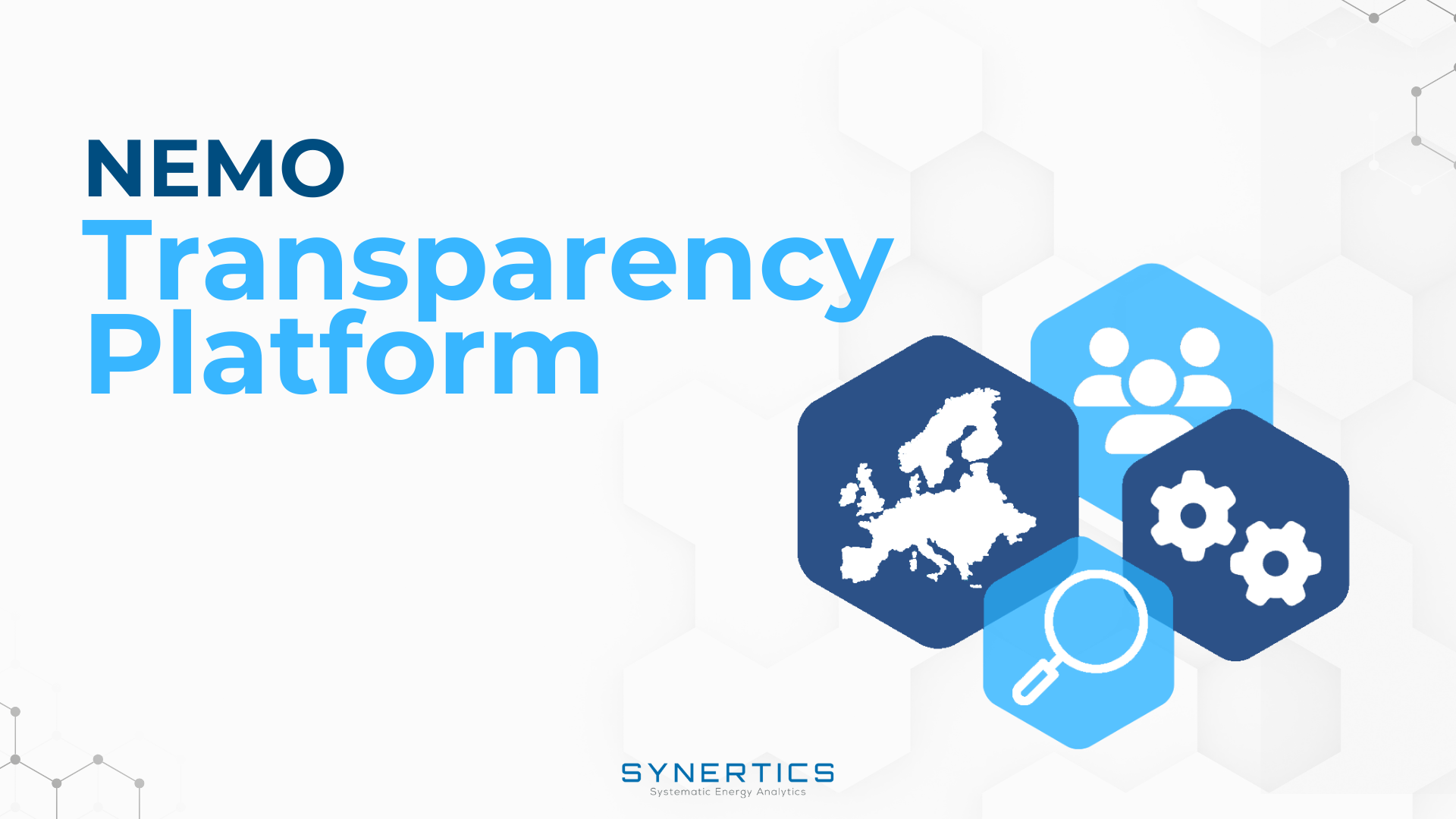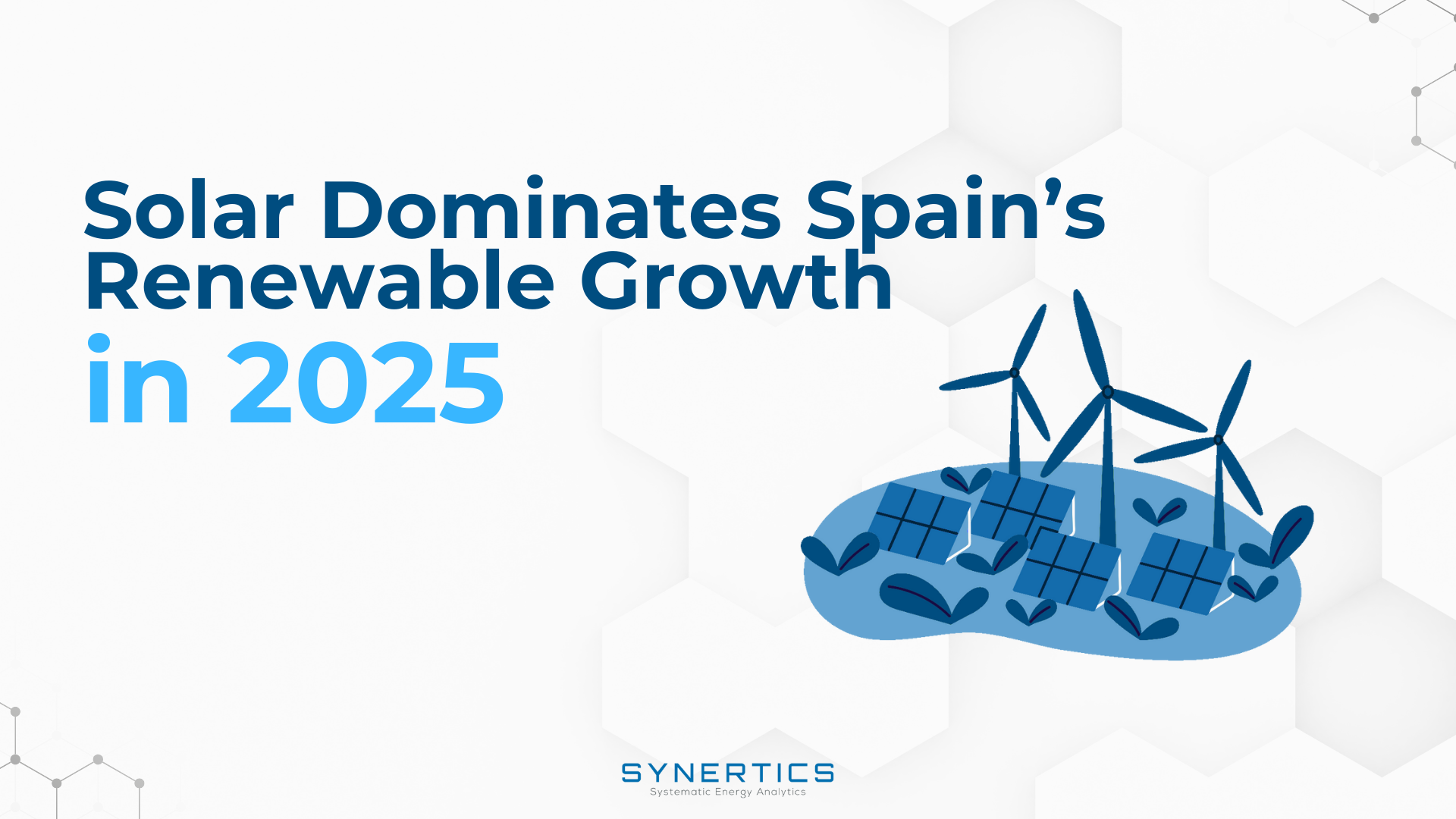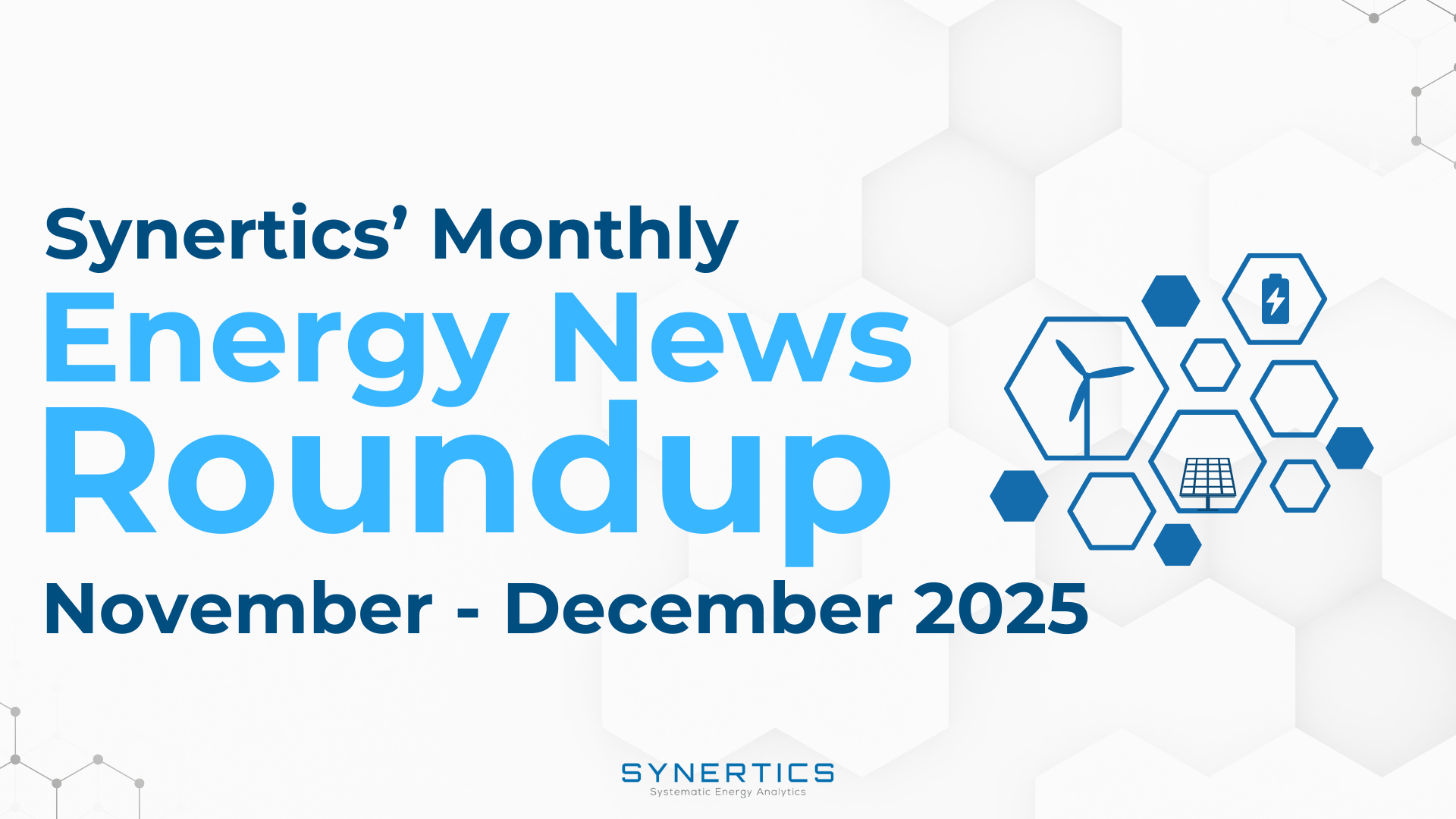Join us on our journey towards renewable energy excellence, where knowledge meets innovation.
We’re going to look further into some of the key operational risks inherent to PPAs and what strategies can be deployed to mitigate them.

Shape risk arises when the energy output pattern of a facility doesn't match the consumer's demand profile. For instance, solar plants typically generate more energy during the day, but consumers may require energy at night when solar generation is low or absent, leading to a mismatch between supply and demand.
Mitigation Strategy
The generation profile and its long-term fluctuations must be taken into account when signing PPA contracts and defining the correct PPA structure for the offtaker. Combining several technologies, e.g. solar PV with wind or batteries can allow for a more balanced match between production and consumption values.
The long duration of PPAs exposes parties to the risk of price fluctuations in the energy market. Significant changes in prices can make the contract disadvantageous for one party, encouraging renegotiation or even contract termination.
Cannibalisation is such a case, during which additional capacities of a specific technology are added into an electricity market. This can be observed in Spain, where significant solar PV capacities are being installed each year, driving down electricity prices during periods with high solar irradiation and low consumption.
Mitigation Strategy
Including price adjustment clauses that are indexed to market indicators or diversifying current coverage with new PPA contracts with different prices and volumes.
Purchase obligations vary depending on the nature of the energy project. In the case of projects with intermittent renewable sources, such as wind and solar, the obligation may be to pay as the energy is produced, often referred to as pay-as-produced. This structure places a significant part of the volume risk on the buyer.
Mitigation strategy
To ensure that fixed costs are covered, regardless of production, it is crucial to negotiate payments for availability or committed electricity volumes. Clear agreements on the circumstances of unavailability and curtailment are essential to reduce the volume risk for the offtaker and generator.
This particular risk refers to the variability and unpredictability of production by intermittent energy installations, and how the price that is "captured" by the installation compares to the average market price during the same period. Capture risk is an essential consideration for both producers and buyers of PPAs. For producers, the risk of capture influences the revenues they obtain. On the other hand, buyers may end up paying for energy at a predetermined fixed rate that is delivered at times when the market price is lower.
Mitigation strategy
To analyse the Capture rates of the project before signing the PPA contract and create a structure of cap and floor pricing (Collars) to protect against eventual higher volatility market.
The risk of imbalance represents the risk most commonly used on "as forecasted". This risk can lead the network operator to charge penalties to its operator. For a wind or solar energy producer, the imbalance risk can be managed internally by the producer or, more typically, through a BRP.
Mitigation Strategy
Managing imbalance is crucial as it can incur significant costs if not done properly. To mitigate this, the producers can improve forecast quality, optimise the risk hedging, which transfers the risk to others (such as BRPs) but comes at a cost.
Read more about Imbalances here.
The financial performance of a PPA goes far beyond the strike price, it must also take into account the contractual conditions that the parties agree to and their associated risks.
Operational risks in PPAs pose significant challenges for both buyers and sellers of energy. Understanding these risks and implementing effective mitigation strategies are essential to the long-term success of these contracts. This includes carefully negotiating the terms of the contract.

Insights
22nd Jan, 2026

Insights
12th Jan, 2026

Insights
12th Jan, 2026